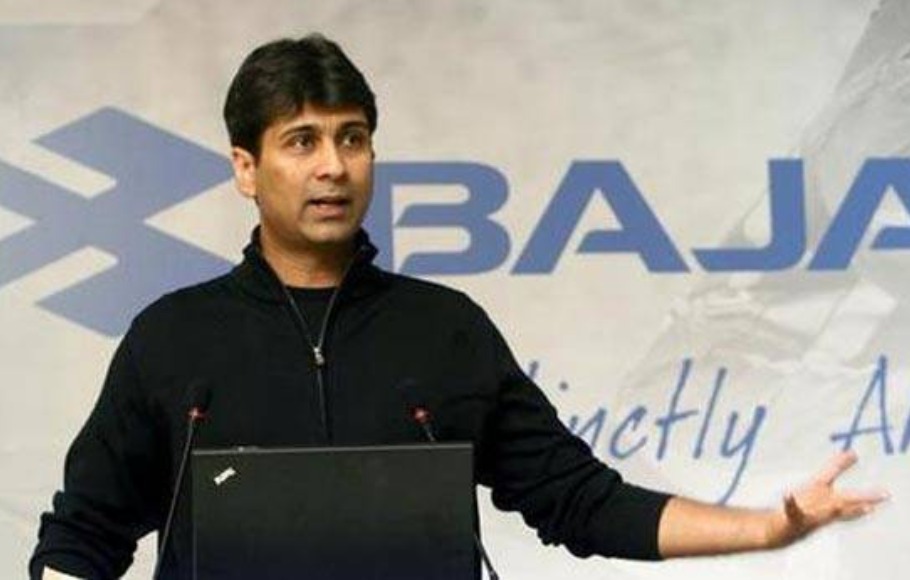
Even if it’s late, Centre should consider Bajaj’s views seriously
Since the Bharatiya Janata Party government came to power, Rajiv Bajaj, the managing director of Bajaj Motors was the party’s poster boy. He backed the government’s policies even when the entire auto industry kept airing its frustration over what it termed as an over-regulated sector.

Since the Bharatiya Janata Party (BJP) government came to power, Rajiv Bajaj, the managing director of Bajaj Motors was the party’s poster boy. He backed the government’s policies even when the entire auto industry kept airing its frustration over what it termed as an over-regulated sector.
But Bajaj refused to toe its line even going to the extent of claiming that the economy was doing fine and there was no need to panic. Except for the criticism of demonetisation which he later clarified claiming that his stand had been completely misinterpreted.
But all that changed last week. After launching his company’s first electric scooter, Chetak, Bajaj much to the surprise of the industry leaders and the government, said that the auto industry in particular was over-regulated. There were three reasons for it, he said. One, the government’s haste in going ahead with the implementation of BS-VI norms; two, making it mandatory for all vehicle owners to buy a three-year motor insurance policy and three, making anti-lock braking system mandatory for all two-wheelers.
Also read | By othering hamara Bajaj, BJP vindicates his fears
Bajaj said implementation of these regulations have increased the end price of two wheelers by 30%. He wanted the government to immediately reduce the GST on two wheelers to 18% from 28%. He said because of the over-regulated market, the two wheeler industry‘s sales had declined 3.14 million units or 14% in 2019 to 18.5 million units.
The auto industry, he pointed out, would go into further recession for the next two years if the government does not take its hands off the pedal.
The outburst from Bajaj must have surprised the government which tends to point to leaders like him to claim that the economy is firing all fronts. After all, Bajaj had recently gently admonished his father, the auto industry’s icon and the chairman of Bajaj Auto, Rahul Bajaj of saying that the NDA government was over-sensitive to criticism.
Also read | Bajaj Auto total sales down 20% in September
One must admit that Rajiv Bajaj was one of the few industry leaders to have criticised demonetisation.
But to criticise the government ahead of the Union Budget on February 1, must have hurt the policy makers in the government. The criticism had come from unexpected quarters.
But Bajaj should be credited for voicing the views of the industry quite loudly. The government as it has been its practice, has been implementing policies without giving any other stakeholders time to even absorb the impact of such actions. Be it Article 370 or its latest missive, CAA, the government had been forcing such major changes down the citizens’ throats.
While previous governments have been dragging their feet on implementation of any of the policies, this government seems to be in undue hurry to implement them.
Also read | Two-wheeler exports rise 4% in April-Sept; Bajaj Auto leads the pack
Its decision to make it mandatory that all vehicle makers should launch electric vehicles by 2022 is one major example of haste. Later, the government decided to shift the goal post though one does not know to which timeline it has been shifted. But the 5% tax on electric vehicles has not been changed.
Bajaj has also categorically said that he does not expect anything much coming out of the Union budget and he should know because Prime Minister Narendra Modi and the finance ministry officials have been of late interacting with top leaders in the industry.
However, even if it is too late in the day, the government should consider Bajaj’s views seriously. It could in fact even after the announcement of the Union Budget consider reducing the GST to 18% or even less and immediately withdraw its decision on three-year insurance for all vehicles upfront to be paid by the customers. It is because the economy needs such a stimulus now that it has bottomed out.

